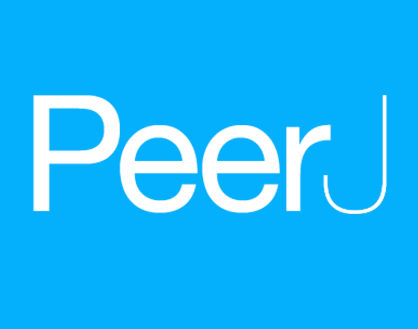| PeerJ - Open Access Peer Reviewed Computer Science |
| Written by Mike James |
| Monday, 16 February 2015 |
|
PeerJ is a new peer reviewed journal for computer science. It will be open access, which means that readers don't have to pay, but authors will need a publishing plan. Is this as good as it gets?
No area of publishing should have been more radically changed by the introduction of electronic publishing than the academic world. For many years, academic publishers have made a good profit from publishing scientific papers and selling them to libraries. The money is good and, as long as the journal has a reasonable reputation, the income is fairly steady. With the move to epublishing the same model has endured with electronic versions of papers being treated as if they were paper. If you want to read an electronic paper then you often have to pay a disproportionally large sum to download it. The downloads are often time limited and other draconian DRM measures make sure that the paper cannot be lent or made available to more than one specific reader. What is particularly obnoxious is that the research that the papers report is very often paid for by grants and so is the time spent writing the paper. Then the people who paid for the research have to pay again to read the results. In the old days, academic publishers could claim that they were providing a service in converting the papers into paper - real paper that is. Today it is difficult to see how the, usually high, charges to the reader can be justified. The alternative is completely free academic publishing such as the very popular arxiv. The problem with arxiv is that the papers aren't peer reviewed. In fact they aren't reviewed by anyone or anything - a fact that some readers often forget. You can find top rank papers on arxiv, but you can also find cranky rubbish that could mislead the innocent. So journals like the new PeerJ Computer Science are really good news as they are open access. Readers don't have to pay a cent to read the papers.
It follows on from the successful PeerJ covering biological and medical sciences. It is already accepting preprints and full peer-reviewed articles. The range of topic that the journal covers seems to be best described as the whole of computer science from Adaptive systems to the World Wide Web (are there computer science topics starting with x and z?) There are 300+ editors ready to find suitable peer reviewers for your article and they promise a quick turnaround. If you aren't ready for a full peer review, you can submit a preprint and wait to see how many people read it and if there are any comments. If you want a full peer review they you can submit your paper or preprint. You can submit a preprint for free, but if you want a peer reviewed paper you have to pay. The rates seem very reasonable, especially so as they are one-off charges. For an up front cost of $99 before your paper is accepted or rejected, or $139 after it has been accepted, you can have one paper published per year. However, this is per author so it is a good idea to work in small groups. For $199 you can have 2 articles per year and for $299 you can have an unlimited number of articles. Notice that the peer reviewers don't get paid - they, like they always have, do it for reasons of academic glory and power. The money is presumably used to supply the publishing platform and the backroom management. So a paper with 4 authors would cost a minimum of $495 and after that the same authors could publish one paper a year for ever. The PeerJ site compares this cost to the $1350 per annum to publish in the well known PLOS ONE online journal The new journal is backed by O'Reilly Media and SAGE and there is an impressive editorial board that includes people whose names you will know, even if you are not working in their area. Tim O'Reilly puts a positive spin on things: "Open source software has transformed the practice of software development. So, it is about time for an open access computer science journal to bring Computer Science research publishing into the 21st century. It's great to be part of helping to make that happen!" Of course this isn't the equivalent of open source software. Making authors pay to have their work published is a very strange idea. An author who has paid for PeerJ is likely to keep submitting and "encourage" junior colleges to pay up their share. Should the institutions they work for pay the publishing fee? The Web was developed for the specific reason of allowing scientists to communicate with each other. It seems strange that we still need the services of traditional academic publishers. PeerJ Computer Science is a better way but it isn't the best way.
More InformationRelated ArticlesJSTOR Extends Free Access - But Not Much Big Data - New Open Access Journal Dr Dobb's Bites The Dust After 38 Years Why Programmers Don't Join The ACM
To be informed about new articles on I Programmer, install the I Programmer Toolbar, subscribe to the RSS feed, follow us on, Twitter, Facebook, Google+ or Linkedin, or sign up for our weekly newsletter.
Comments
or email your comment to: comments@i-programmer.info |
| Last Updated ( Sunday, 15 February 2015 ) |



